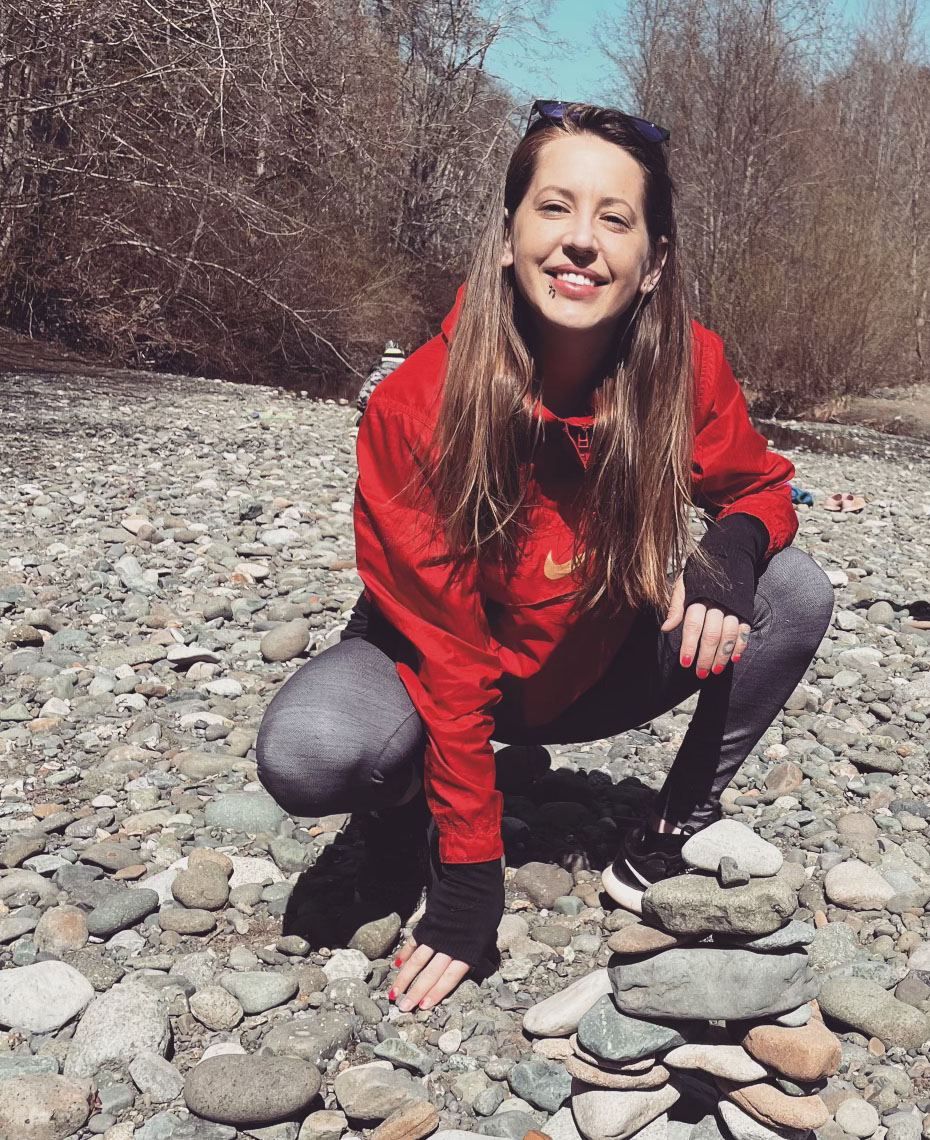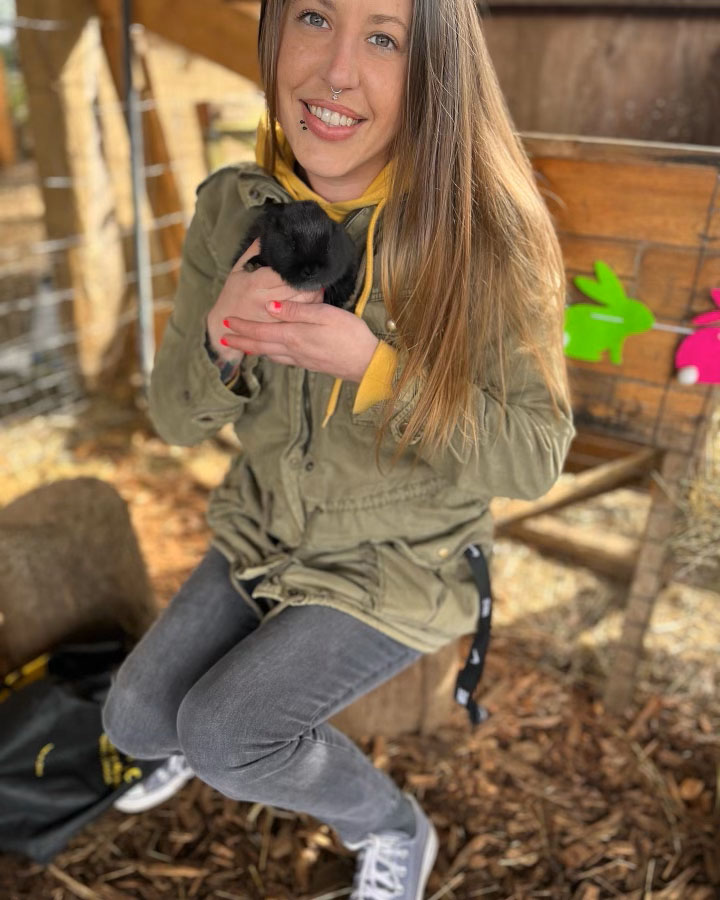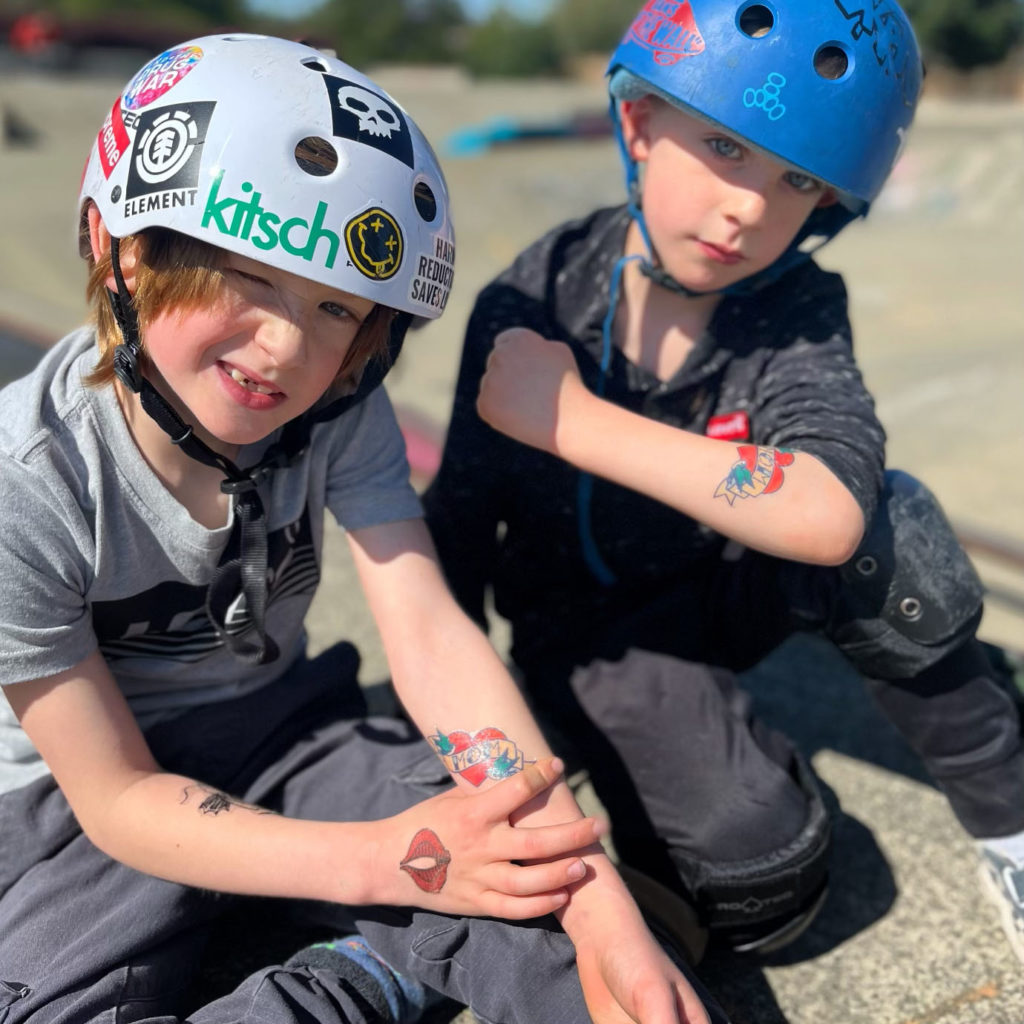Toxic Drug Poisonings In Canada – Thoughts From a Front Line Worker With Lived Experience

June 28, 2022
more about me
Have you ever felt that the universe brought people into your life just when you needed them? In today’s episode, I have on a beautiful soul named Taija McLuckie; in this interview, you will learn the incredible story of how and where I met her.
Taija had a three-year history of illicit substance abuse and a four-year record of prescribed substance abuse. She’s here to talk about her personal addiction experience and how she now works in support and outreach. She also discusses how the Canadian government handles the country’s drug crisis and what you can do to be heard and make a difference.
Here are three reasons why you should listen to the full episode:
- Hear the incredible story of how Taija and I met.
- Taija explains what she believes needs to be done about the opioid crisis.
- Learn what you can do to help.
Episode Highlights
Who is Taija?
- Taija describes herself as a middle-class, white female born and raised in British Columbia.
- She was in and out of illicit drug use for three years and prescribed drug use for four years.
How did we meet?
- After my big brother Cory died of a fentanyl overdose last year, a person on Instagram contacted me about a documentary being filmed about the opioid crisis.
- When I reached out, they told me that we needed to interview another person as part of the process.
- I was initially paired with a lady who did not show up or want to do it anymore and was then paired with Taija.
- We were both nervous, but as soon as we started talking, all of that disappeared.
About Taija’s story
- A car accident resulted in four years of prescription drug abuse and her purchasing drugs on the side.
- She enrolled in a 12-step program, which ultimately saved her life.
Taija’s personal post-treatment experience
- Taija felt she needed more after treatment and joined a Community Action Team.
- She was met by this new woman who came in and never took no for an answer.
- This woman coordinated the Community Action Team, and Taija saw many things snowball in a good way.
More on what this woman did
- This woman ran the shelter and seemed to be the source of the funds that provided resources.
- She gave people like Taija, who did not have postsecondary education, a chance and a lot of opportunities.
- Now, that community is leading the way in many big changes, such as nurses, prescribing, overdose outreach teams, safe consumption sites, and a safe smoking site.
- Because of this woman, Taija is who she is in this field.
What Taija observes while working with an outreach program
- Taija sees the model of “telling people what they need” being dismantled.
- She also notices that we are now meeting people where they are and understanding that this is a health crisis.
Taija’s thoughts on how to get the government to understand what the people need
- More leaders must say, “Even if you don’t agree, let’s talk about it.”
- Taija thinks leaders must seek advice from those who work in the trenches daily (e.g., social workers, outreach workers, and nurses – not law enforcement).
What do those involved in outreach programs need to make a difference?
- Taija believes we need more people in these communities to stand up and speak.
Back to Taija’s story
- At first, the prescription drugs worked until her tolerance grew, and she needed more.
- Because these drugs alter how you think, Taija doesn’t recognize the person she used to be.


Taija recalls a hospital visit
- Taija remembers walking into a hospital as a middle-class white female and being met with shame.
- People are now being admitted to hospitals with these same health issues and may be treated similarly.
- She feels there is no guarantee that they will receive the needed medications.
What does Taija believe is the next step for people to take to make a difference in this situation?
- Taija encourages people to pay attention and ask hard questions.
- Remember that you’re not responsible for holding others and their feelings accountable.
- She also encourages people to contact their local MP and don’t be afraid of the backlash.
Taija’s other reminders
- When someone says that these things take time, start questioning them.
- Another thing to ask is, why are we being separated?
- Remember, we’re better together.
What Tiffany is thankful for
- Tiffany appreciates this time with Taija and the way the universe works.
- She’s also grateful for the documentary, which introduced her to Taija and led to their friendship.
What Taija is thankful for
- Taija is grateful for Tiffany’s platform and the beautiful reminder of where she came from and why she does what she does.
- She is also thankful for being the “why” child.
3 Powerful Quotes from this Episode
5:09 – “But understanding that this is a health issue and that just because someone uses drugs, and maybe that’s why they’re in the situation that they’re in, that doesn’t mean that they also deserve to be mistreated in the hospital setting. It doesn’t mean that they don’t deserve to have clean supplies or a safe supply of drugs.”
31:36 – “I’m not in politics, so I’m not looking out for my career in that sense. And I am not afraid to hurt someone’s feelings or ask hard questions. I’ve fallen on my own face, and gotten in my own way so many times that I know what I can survive.”
32:01 – “And I think that until we remove politics from these decisions, and start bringing more light to it, that’s the only way that things are going to be different.”
Are you enjoying the Hard Beautiful Journey podcast?
Click here to follow on Apple Podcasts. While there, please leave a 5-star rating and review; it would mean so much to me! Also, if you haven’t done so already, join the Hard Beautiful Journey community to connect with other like-minded people.
I would love to connect with you on social, so please give me a follow on:
Thanks for listening,
Tiff
Leave a Reply Cancel reply
This site uses Akismet to reduce spam. Learn how your comment data is processed.
add a comment
+ show comments